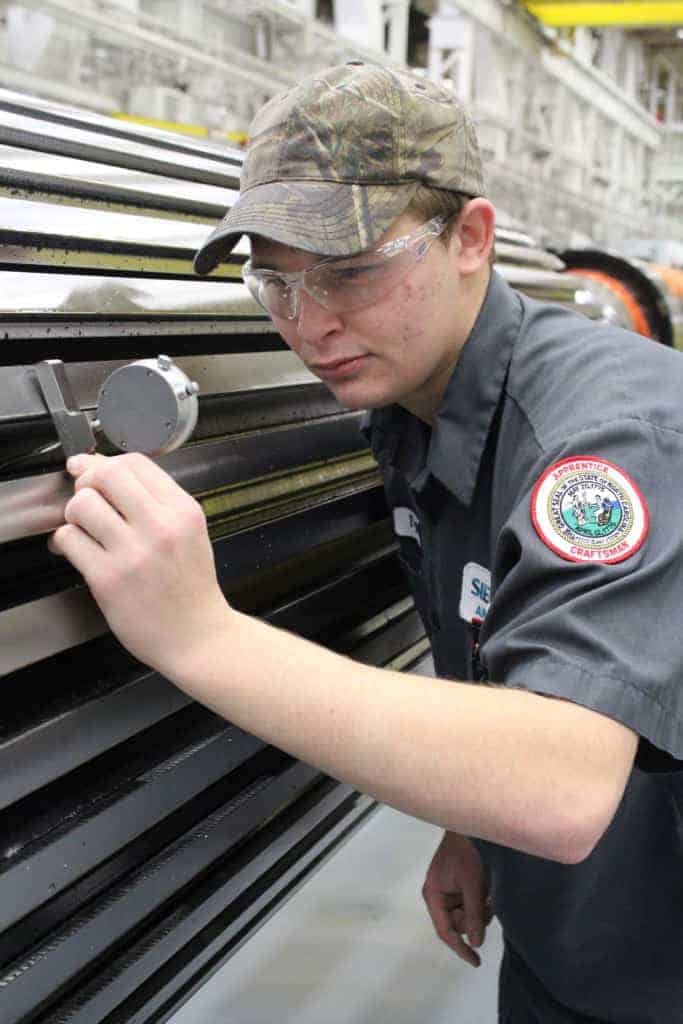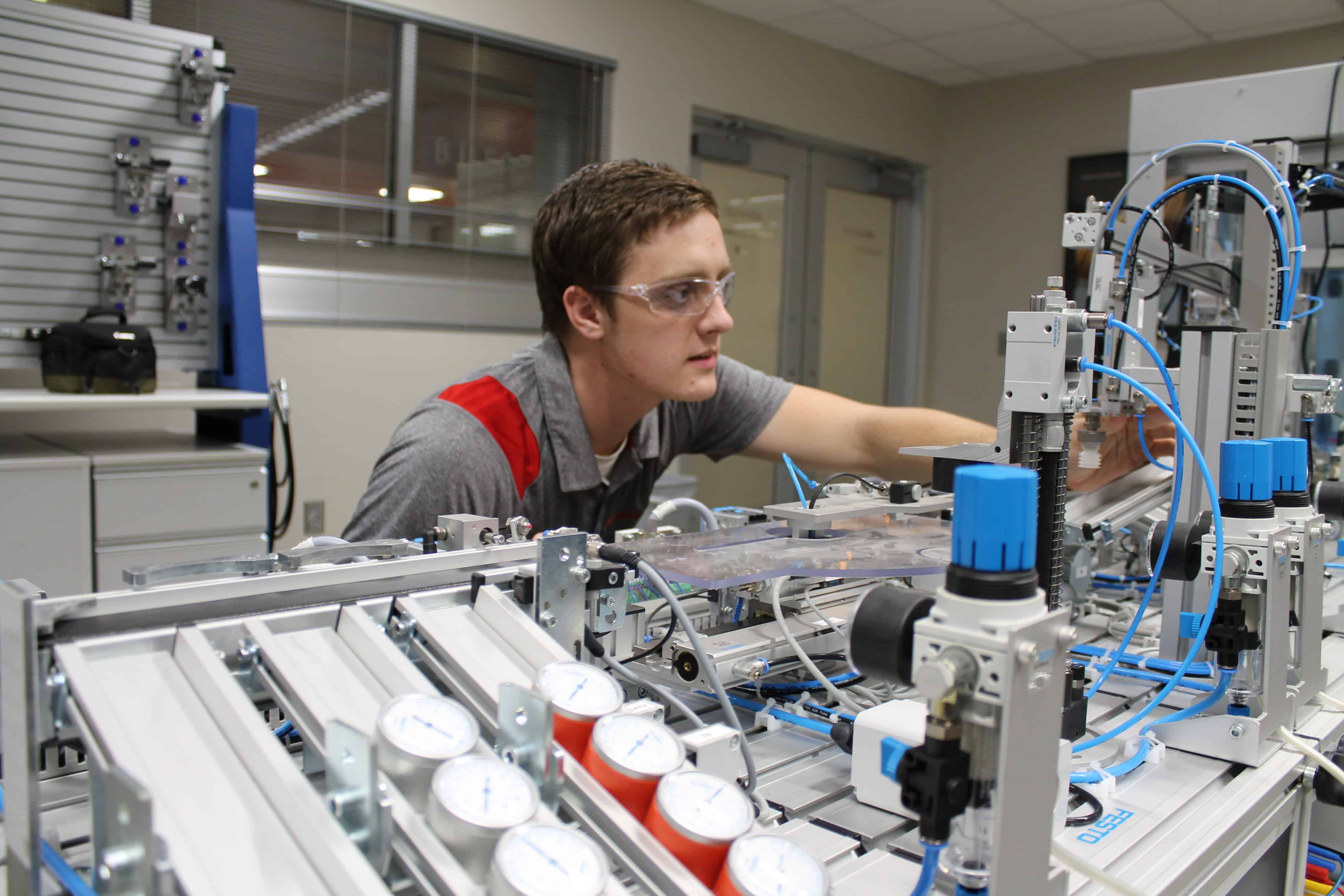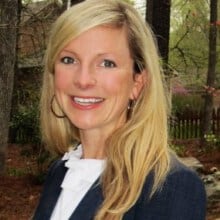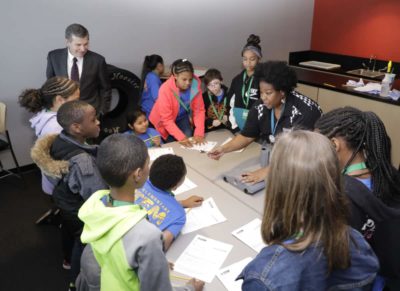Question: What do Benjamin Franklin, Mickey Mouse and Ringo Starr have in common? How about Jacob Toney, Alex Hawkins and Ke’Montae Fisher? Answer: They were, or are, apprentices, and they blazed, or are blazing, new paths that will shape the course of history.
Jacob, Alex Hawkins and Ke’Montae are not household names, yet, but they are three exceptional young adults who have taken the important step of participating in an apprenticeship program. According to ApprenticeshipNC, the state’s apprenticeship office through the NC Community College System (www.nccommunitycolleges.edu/apprenticeshipnc), there are roughly 6,217 active apprentices in North Carolina, working in industry sectors like advanced manufacturing, construction, public service, information technology, and health care. Though the great benefits of participating in an apprenticeship or hosting an apprenticeship are clear, there are still many people and businesses that have negative attitudes or misinformation about the program. Let’s explore the thoughts, expectations and experiences of the apprentices, Alex, Jacob and Ke’Montae.
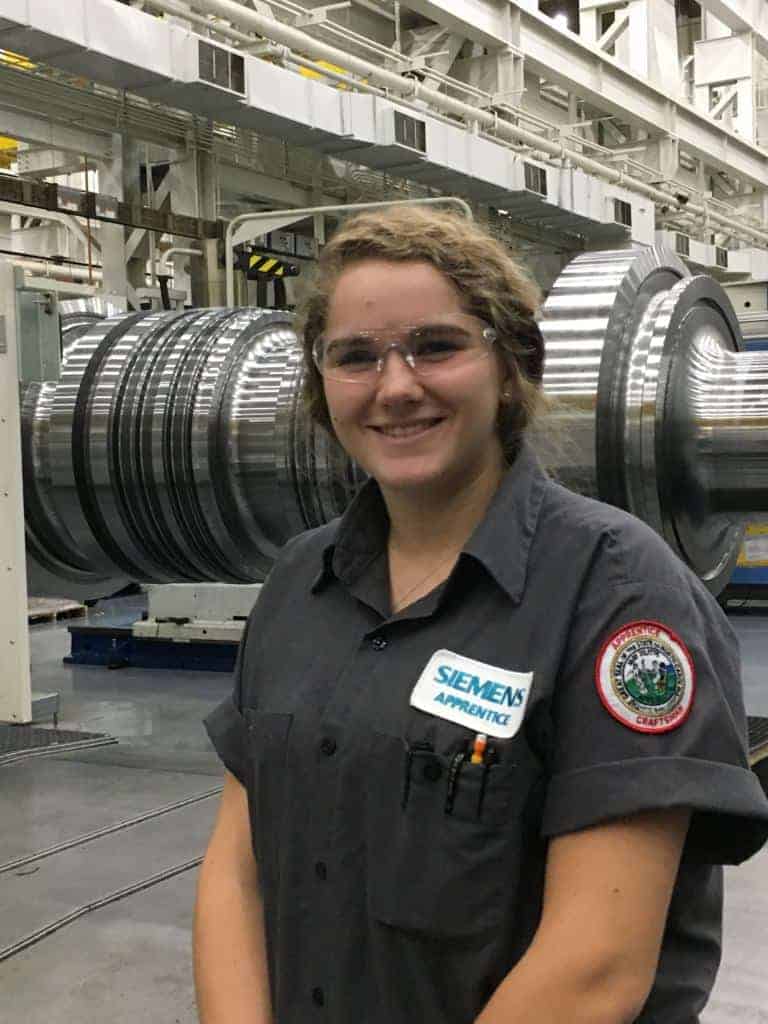
Changing the cultural norm, woman machining apprentice!
Alex Hawkins, a first-year apprentice at Siemens in Charlotte, North Carolina, is a trailblazer. At 19 years old, she is pressing beyond the social norms of her young peer group and pursuing a career in a field traditionally dominated by men.
Within the North Carolina Community College System, only 11% of technical- and manufacturing-related apprentices are female. That number grows slightly to 14.5% when you include all apprenticeship enrollment, but both pale in comparison to the make-up of traditional community college student demographics, which is 62% female.
Alex’s friends did not understand her decision to go into an apprenticeship, let alone one in a machining occupation. Undeterred, Alex pressed on and not only built great relationships with other apprentices at Siemens, but also found a place where she can align what she is learning in the classroom with her personal interests and real-world career experience.
“I have made new friends who have the same or similar goals as I do and who understand why I choose this path,” she said. “Also, the different types of opportunities that I have had and will have throughout this apprenticeship are outstanding and something I wouldn’t be able to get without being a part of the apprenticeship.” Her mentor at Siemens, Roger Collins, agrees and offered this about Alex, “I am constantly amazed by the growth in maturity I see in apprentices in the first six months of the program. Alex has become comfortable around large machinery and has shown tremendous growth in her manner, maturity, and demeanor.”
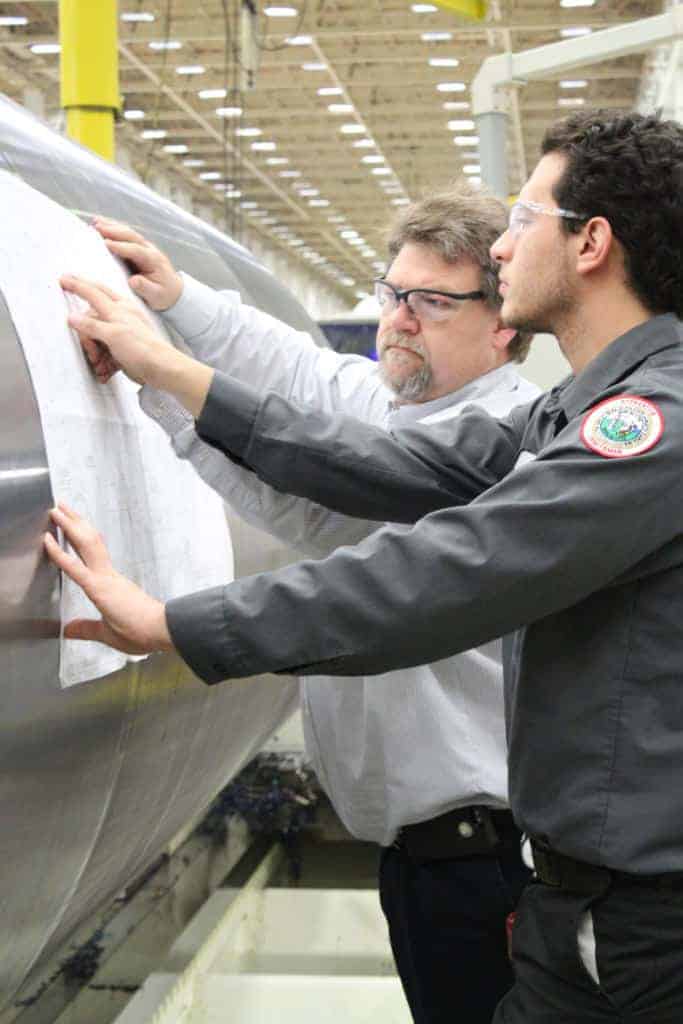
One year in, this trailblazer is encouraging other students, no matter their gender, to explore the many opportunities apprenticeship provides. “This apprenticeship is an amazing opportunity for anyone,” Alex said. “If you want to go into the machining or engineering field, definitely try to do an apprenticeship that will work together with your education and career path. Some people might tell you to stay out of a factory, but I couldn’t see myself anywhere else except Siemens.”
The wise one
Jacob Toney saw apprenticeship as a way to test the waters in the engineering field and decide if the career was something that he wanted to pursue. Jacob first learned about the apprenticeship program when he was a junior in high school. He applied to enter the apprenticeship program and hoped for Sarstedt to select him for their program. Sarstedt is a manufacturer of medical and research laboratory equipment and consumables in Newton, North Carolina, and close to Jacob’s home. Regrettably, he was not selected due to the competitive nature of the program. Nonetheless, persistence paid off for Jacob as Sarstedt selected him for their program the following year.
Jacob is wise beyond his years, as he understands that the right education combined with an apprenticeship experience will help him stand out above other graduates lacking the work-based learning experience. He explains, “I always knew that I wanted to pursue my education to that of at least a four-year degree and I figured that having this under my belt along with that degree would set me up for pretty much anything I wanted to do.” In fact, the reverse has also been true for Jacob. “One of the biggest things I’ve learned during my experience is what I don’t want to do,” he said. “Being an apprentice, you partake in a variety of tasks. Doing things I disliked at work made me more determined to do better in school, so I wouldn’t be relegated to jobs like that later in my career.”
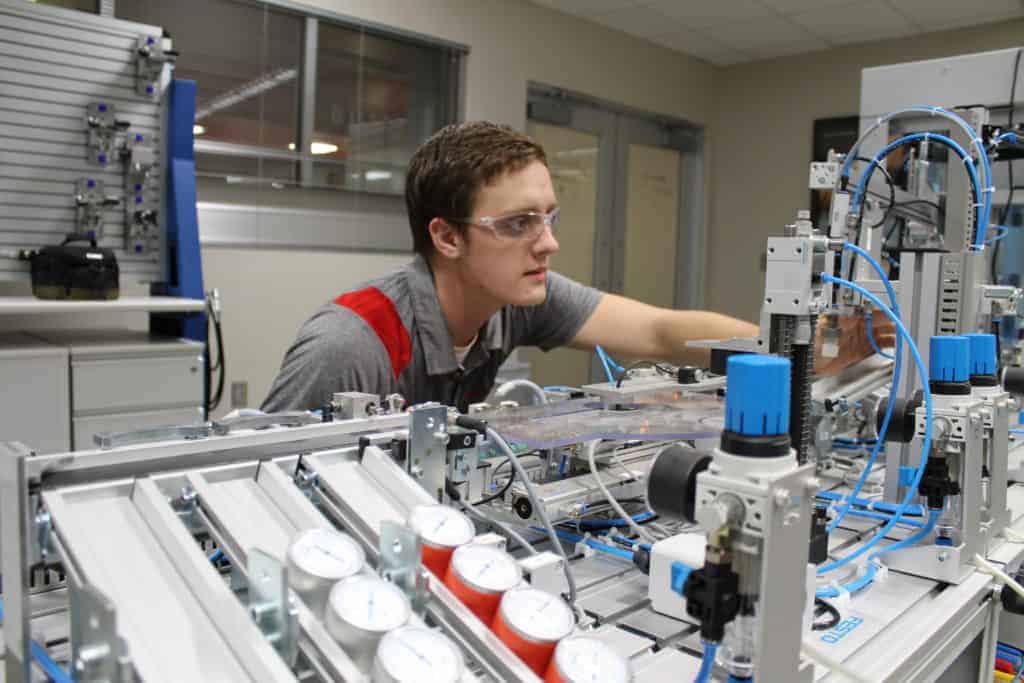
Jacob’s rationale for pursuing apprenticeship should be a billboard for the program. “It is the foot in the door at your first company, it’s the reason that you want an ‘A’ in a class, it is what separates you from your peers in high school that go to university straight from graduation,” he said. “For me, it allowed me to move away from my parents’ house at 18, pay off my car, and allowed me to save money so that I will be better prepared later in life.” This young man is strong, persistent, and wise beyond his years.
From trombone player to tool & die maker
If Jacob’s words make for great billboard verse promoting the virtues of an apprenticeship, then Ke’Montae Fisher is the inspirational figure for the campaign. ApprenticeshipNC reports that white men make up 55% of all active apprentices in North Carolina. African-American men account for only 14% of active apprentices. Ke’Montae would like to help change these numbers. For many men and women of color, he sees the benefits of apprenticeship leading to a great career and a path out of poverty.
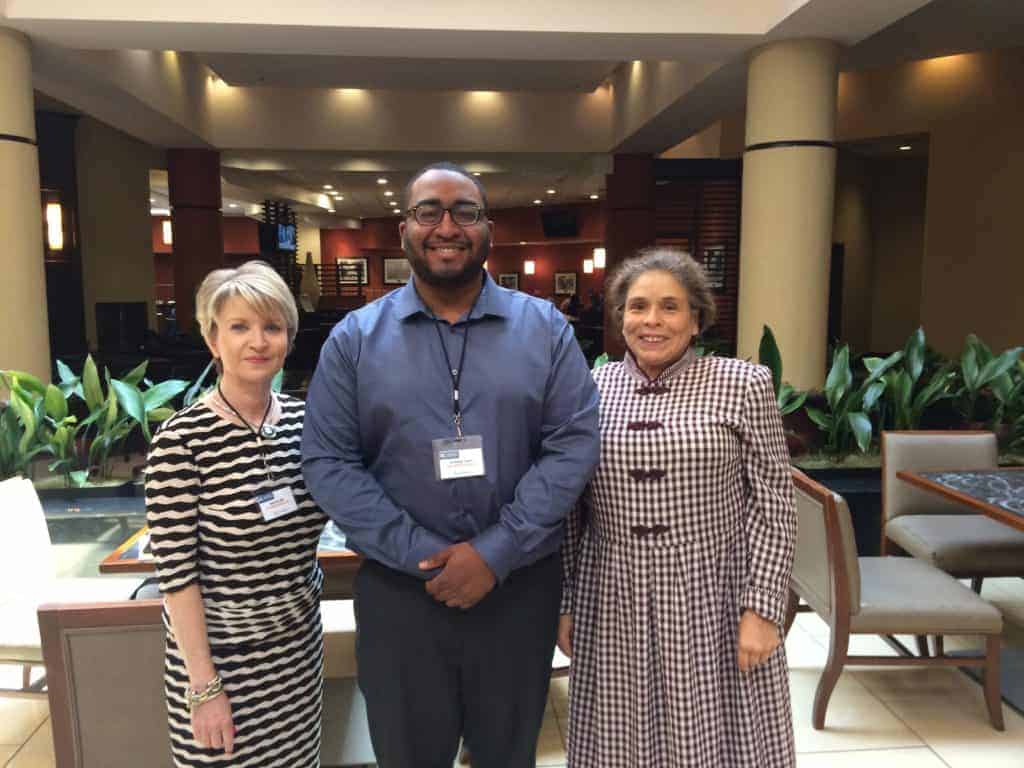
Ke’Montae enthusiastically encourages anyone to give apprenticeship a try. “It does not matter who you are, but you can get into apprenticeship no matter what,” he said. “This is a way out of poverty, and a chance to get into a job that can pay extremely well and be a role model for others to become apprentices. Don’t let anybody tell you that the only way to a successful life is to go to a four-year university; you can go into an apprenticeship with community college training, and can come out debt-free and on a career track that will put you far ahead of those graduates of some universities.”
Apprenticeship = success
We all start somewhere, and the fortunate reality is that in the United States there are a number of paths students can take. Benjamin Franklin, Mickey Mouse (or Walt Disney) and Ringo Starr were apprentices who made major contributions to history and culture. They are symbols of apprenticeship’s value.
Let us also learn from Ke’Montae, Alex and Jacob, three impressive young people who are taking advantage of this real-world, experiential learning. They represent a growing cohort of new apprentices in North Carolina who are taking advantage of apprenticeship to help develop the employability and technical skills desired by employers – a postsecondary educational pathway that will leave them debt-free and a step ahead.
One day the answer to the question posed in the beginning of this article will be obvious. Question: “What do Ke’Montae Fisher, Alex Hawkins and Jacob Toney have in common?” Answer: Each is a successful person and a role model, who just happened to be an apprentice.
